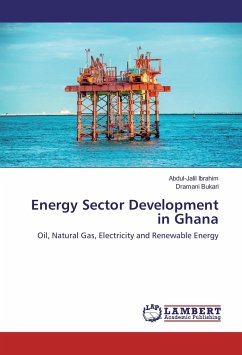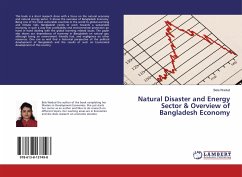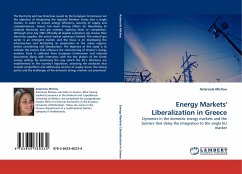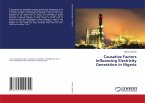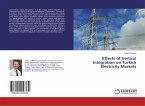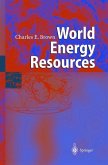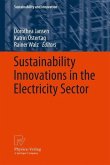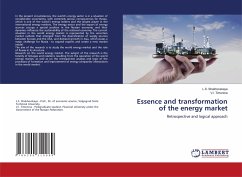This book presents an investigation of the economic viability of developing a natural gas market in Ghana. The study adopts an integrated analytical framework given that the sustainability of natural gas supplies is based on the interconnections of the various segments of the natural gas market. The book also delves into a research to analyse the fiscal regime of Ghana and compare it with that of Nigeria to determine its competitiveness in attracting foreign investment in the petroleum sector. Another interesting area covered in the book is an analysis of the performance of Tema Oil Refinery. Using the LEAP model, four alternative expansion planning scenarios were assessed; the baseline, renewable, fossil fuel and nuclear scenarios are evaluated in the book. This is aimed at presenting a multiple scenario analyses of the future electricity situation of Ghana to inform policy. The book also examined the effectiveness of Ghana's liberalisation efforts under capacity constraints. Insummary, the book discusses germane issues of Ghana's energy sector which are valuable for consideration by policy makers as well as researchers, investors and students.

